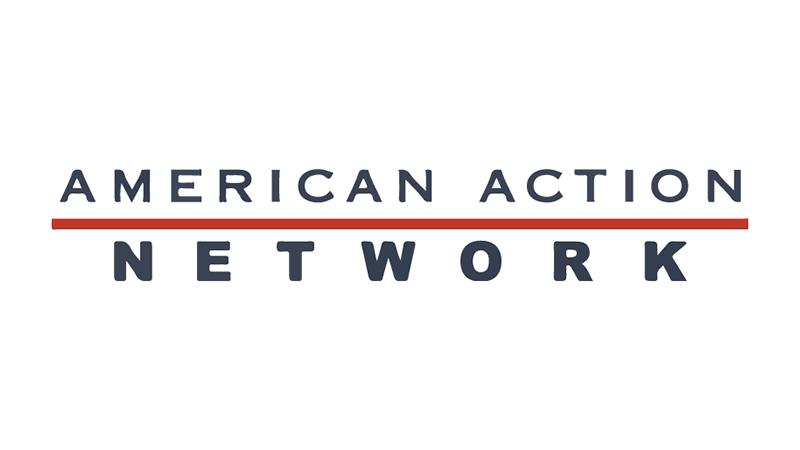Notes from Norm: Tax Reform Bails Out Middle America
Whenever the phrase “tax reform” is uttered in Washington, D.C. there are generally two different interpretations of what it means.
Liberals in Congress believe “tax reform” means higher taxes to support greater public-sector spending on new and existing government programs.
Conservatives in Congress believe “tax reform” means lower taxes to support greater private sector spending on job creation and economic growth.
To be fair to my liberal friends they believe that conservatives are more likely than not to favor the rich and wealthy over the poor.
But, being fair to them doesn’t mean I have to agree with their view and perspective on the matter.
There is no doubt that America needs tax reform.
Our current tax system undermines economic growth, it disincentives investment in our economy, it is too complicated and it puts American companies at a competitive disadvantage.
The American Action Network in the past several weeks has begun an aggressive campaign to make the case that America needs tax reform – and we need it sooner rather than later.
As Doug Holtz-Eakin, President of the American Action Forum asserts, we need permanent tax reform. We need structural tax reform. And, above all else we need transformative tax reform.
As he says in a recent American Action Forum ad, “Our tax code was made for the 20th century, we need a 21st century tax code….that gives incentives to invest in America, innovate in America and grow in America.”
Speaker of the House Paul Ryan calls tax reform the “crown jewel” of job creation.
He, like Holtz-Eakin, are exactly right in their assessment.
In a recent column in the Kenosha News Ryan calls for a tax structure that will “… simplify, flatten, and lower tax rates and reduce the number of tax brackets.”
He calls for reforms like “…increasing the standard deduction or eliminating the alternative minimum tax will allow hardworking men and women all across this country to be able to keep more of their own money and make the tax-filing process easier and simpler.”
It is a remarkable thing that everyone agrees our tax system is too complex and difficult and yet we find ourselves continuing to fail to address the core elements of tax reform.
Including corporate tax reform.
Yes, I know at this point of this post my liberal friends are screaming, “Norm just wants to bail out corporate America.”
What I really want to do is bail out middle-class America.
The corporate income tax has been shown, time and time again, to be the single most anti-growth tax.
As Holtz-Eakin points out, the “… U.S. tax has the highest rate, 35 percent, in all the industrialized world, and clings to a 1950s style worldwide system, where when our firms sell something abroad, they pay a tax in that country, and then the U.S. tax.”
“The rest of our competitors don’t pay two taxes, they pay just one.”
Want to know why there are trillions of dollars in earnings sitting outside of the United States instead of being invested in the United States?
Because corporations understandably would prefer to be taxed just once – not twice – and until the United States addresses that fact we will see those dollars remain outside of our borders.
Regulatory reform. Reducing frivolous litigation. Reining in government spending.
Each of these, and a lot of other things, can make a significant impact in job creation and economic growth.
Investing in world-class education system, having the best-trained workers in the world and supporting private sector investment in innovation play a substantial role in improving the economic conditions for all Americans.
There is, though, no doubt that reforming our tax system will have the single greatest impact on ensuring the long-term economic opportunity for all Americans.
It is also the single-most important way we can ensure economic and income equality for all Americans.
Speaker Ryan is right to call tax reform the “crown jewel” of job creation.
It’s time to make that jewel sparkle for millions of Americans hungry for new jobs and economic opportunity for the future.


